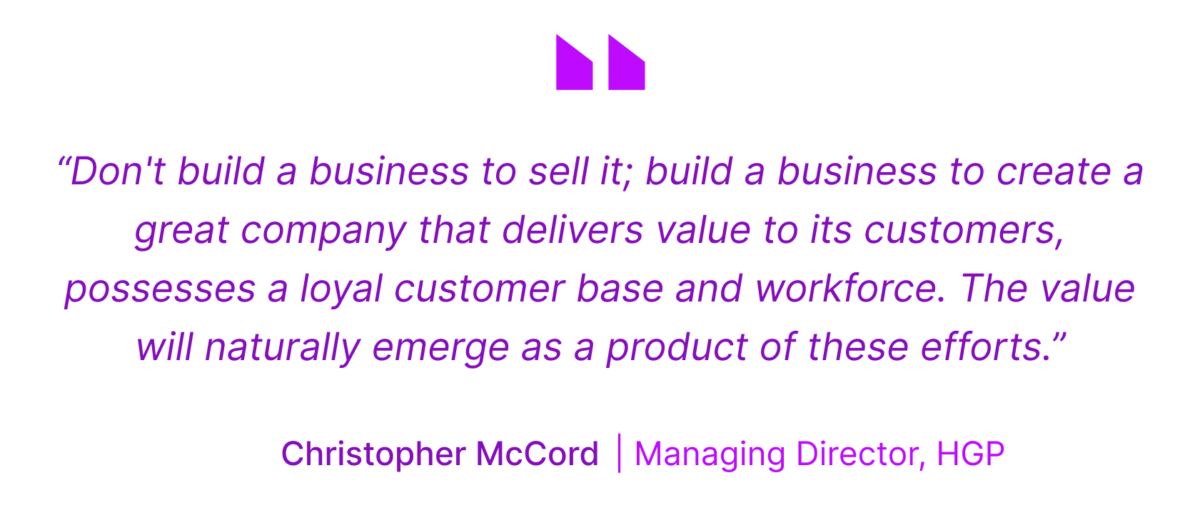As technology continues to aid healthcare institutions in managing rising costs and workforce shortages, CIOs and IT leaders are increasing their investments. A recent survey by Bain & Company and KLAS Research, polling over 200 health IT executives, revealed that nearly 80% had...
As technology continues to aid healthcare institutions in managing rising costs and workforce shortages, CIOs and IT leaders are increasing their investments. A recent survey by Bain & Company and KLAS Research, polling over 200 health IT executives, revealed that nearly 80% had raised their financial commitments in the past year, with 75% planning to allocate even more resources in 2024.
Why this matters: This bodes well for healthcare technology companies but also reinforces the importance of understanding your direct impact on healthcare through cost savings, improved care quality, or a combination of both.
What CIOs are saying: “You would be surprised how many people come to us with solutions proving they don’t know what we do. If you do a little homework, it goes a long way,” Haden McWhorter says.
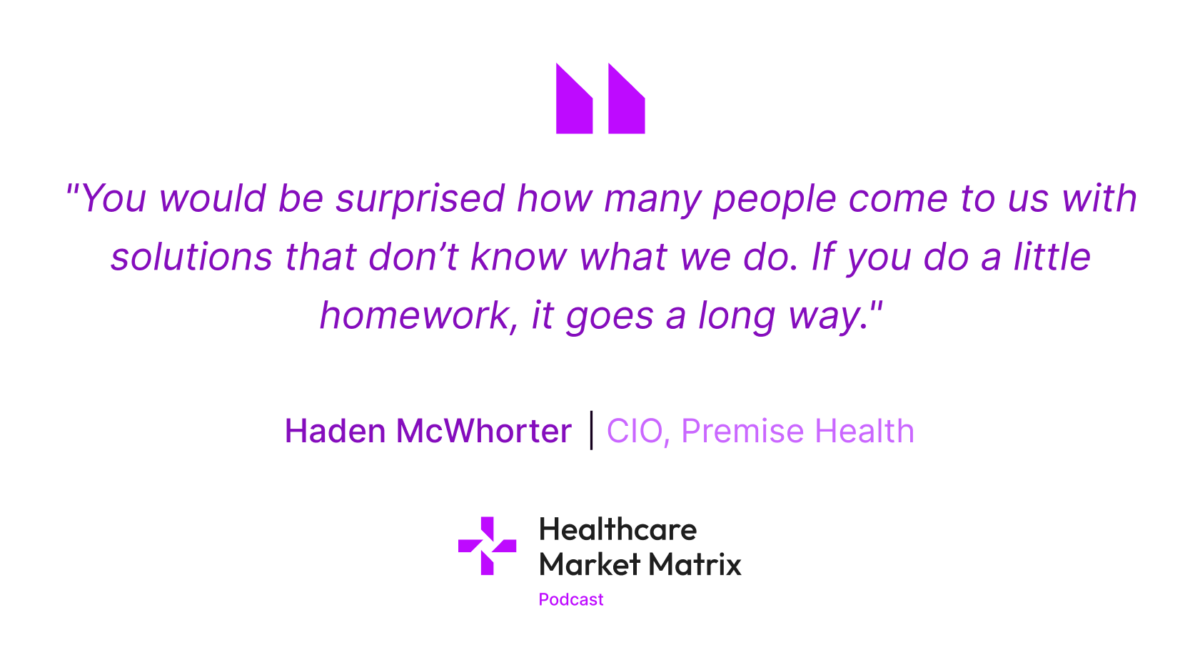
Catch up quick: In this Insights report, we share what we’ve learned from Ratio’s advisory board member and CIO of Premise Health, Haden McWhorter, about the challenges and advantages of selling to dynamic, fast-growing organizations. Haden’s role as CIO at Premise Health reveals a few key considerations for healthcare technology companies selling to direct healthcare companies.
Enjoy this content? Receive more of it directly in your inbox by subscribing to Insights Squared.
A Brief History Lesson: When Haden got his start in healthcare, Premise Health was known as ‘direct primary care,’ initially focusing on on-site healthcare services for clients, including primary care, pharmacies, occupational healthcare, and an array of other services, which varied depending on the client’s needs. As the company evolved, “near-site” facilities were introduced to reach employees and their families more conveniently. With an Epic migration, virtual care quality and availability improved, allowing tailored care on-site, near-site, and virtually.
Today, Premise is the world’s leading direct healthcare company and one of the largest digital providers in the country. They operate over 800 wellness centers in 45 states and Guam for more than 2,500 of the largest organizations in the U.S., serving 11 million people with fully connected care – in-person and in the digital environment.
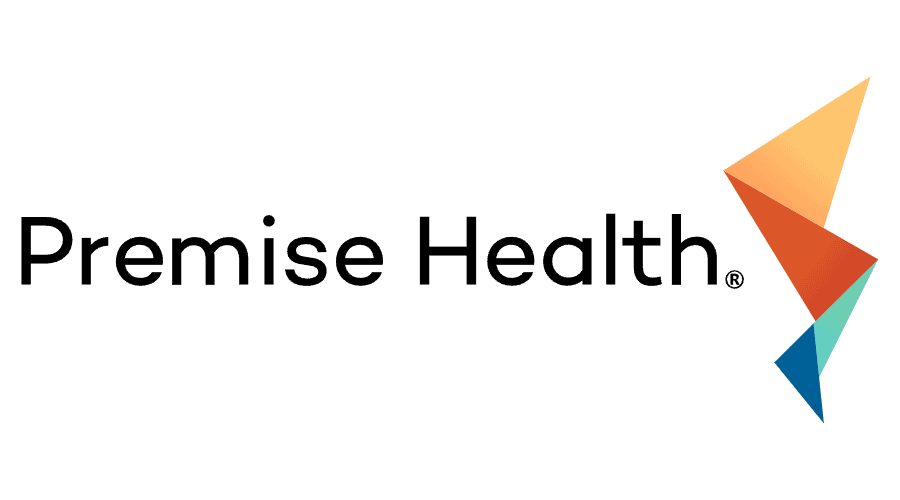
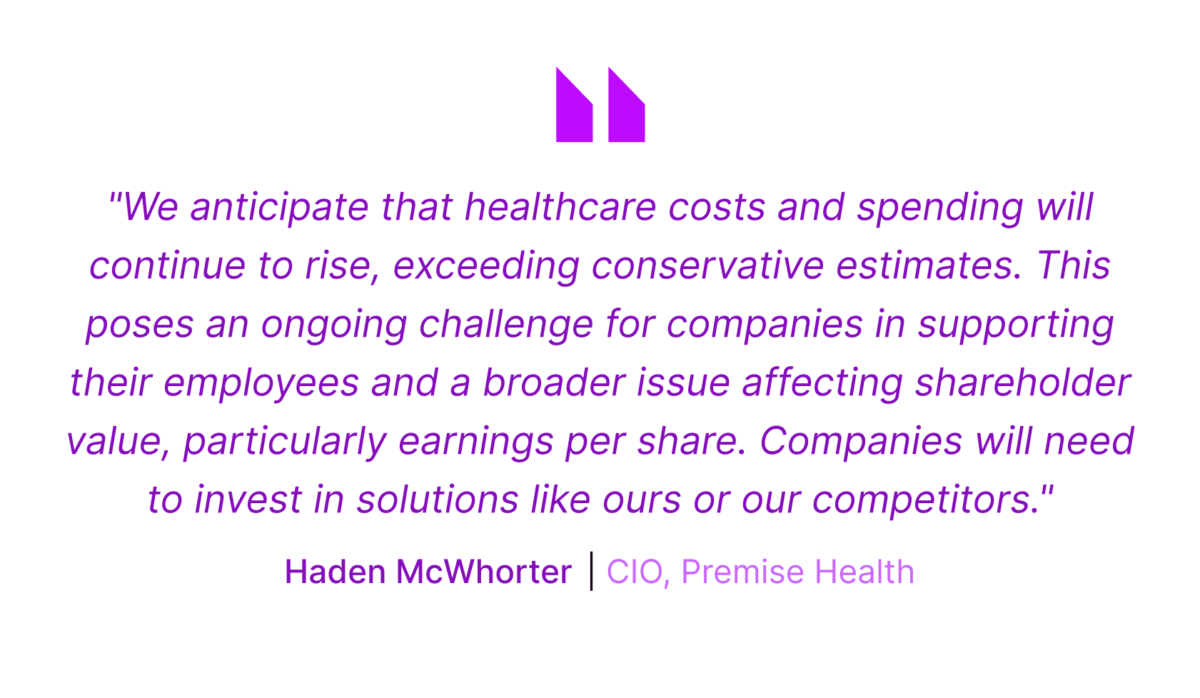
A key advantage of serving as a CIO at Premise Health is the ability to prioritize digital transformation and innovation. Unlike CIOs in mid-size health systems who juggle a multitude of departments under one umbrella, Haden’s focus at Premise Health is notably specialized. While they share common goals with other healthcare organizations, such as improving the quality of care, enhancing member and patient engagement, and optimizing health outcomes, his responsibilities are uniquely aligned with ambulatory care, granting him the freedom to concentrate on empowering healthcare centers with the necessary technology to meet our members where they are. While his role extends to exploring avenues for scalability and cost reduction (a familiar objective for most CIOs), he is closely aligned with product development, delivery, and daily engagement with the business, ensuring Premise remains at the forefront of healthcare innovation.
Mastering ROI + Member Engagement
One aspect our Ratio team truly admires about Premise’s model is the pronounced alignment between participation incentives and preventative care. This distinguishing factor sets it apart from many other healthcare system frameworks and is pivotal for boosting member engagement.
Internationally recognized actuarial and consulting firm Milliman validated Premise Health’s cost savings methodology for clients, confirming its actuarial soundness and appropriateness for measuring ROI, reinforcing its significance in assessing the value of advanced primary care for employers and risk-bearing organizations.

Premise uses a three-part methodology to estimate savings for a given client.
Total Cost of Care Direct Cost Avoidance ProductivityThe estimated savings used to derive ROI are calculated from each sub-methodology and added together to obtain total estimated savings attributable to Premise service offerings.
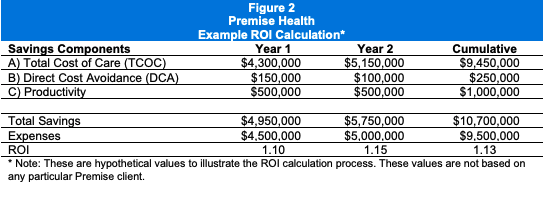
Balancing Engagement + Privacy
Premise leverages data-driven insights and collaborates with external partners to develop a comprehensive understanding of their members’ engagement journeys utilizing tools like Epic and Salesforce Marketing Cloud to drive campaigns. Haden suspects, the evolving capabilities of Epic will streamline several engagement processes that have traditionally been managed outside the platform. However, the challenge lies in making these processes more accessible for their member engagement teams, considering factors such as data agility and privacy.
Premise’s unique position of serving 2,500 diverse clients adds complexity to the equation. They must balance contractual obligations and data provisions in their client agreements while accommodating the evolving regulatory landscape in different states. There is no one-size-fits-all solution, and it’s akin to solving a massive jigsaw puzzle where they must not only align with the industry’s current state but also anticipate future shifts.
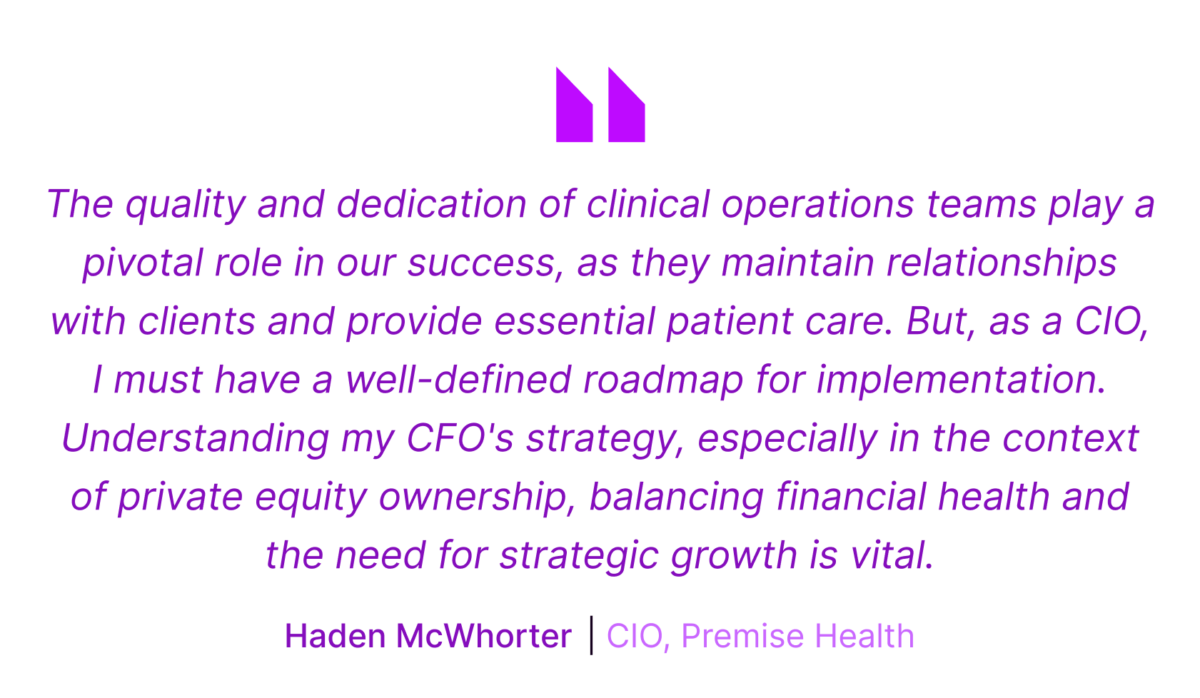
Their goal is to proactively address potential limitations and requirements, ensuring they can swiftly adapt to meet their client’s needs while maintaining the highest standards of data privacy and security. This entails harmonizing the interactions between security, privacy, and legal teams, allowing them to serve their clients effectively while navigating the complex legal and contractual landscape.
Why Epic Wins and What Healthtech Can Learn
In 2022, Epic saw impressive revenue of $3.8 billion, reaffirming its dominant market share within large health systems. The sheer magnitude of their presence can be intimidating for many healthtech companies. However, Haden’s insights highlighted the key to their successful partnership with Epic: people.
Epic’s BFF (Best Friends Forever) program played a pivotal role in this journey, providing a trusted daily point of contact and support, effectively becoming an extension of their own team. This level of collaboration and mutual understanding has proven priceless, with their Epic partners demonstrating unwavering commitment to their shared success. Notably, one account representative even championed their cause, advocating for a refund or credit during a challenging licensing discussion.
Key Takeaways
Our key takeaway from John and Haden’s discussion underscores the significance of “service beyond the sale.” Effective product messaging should emphasize the value of a lasting partnership that extends throughout every phase of the product journey. Should a marketer lack this essential knowledge, their next step should involve collaborating with the product team to ensure its integration.
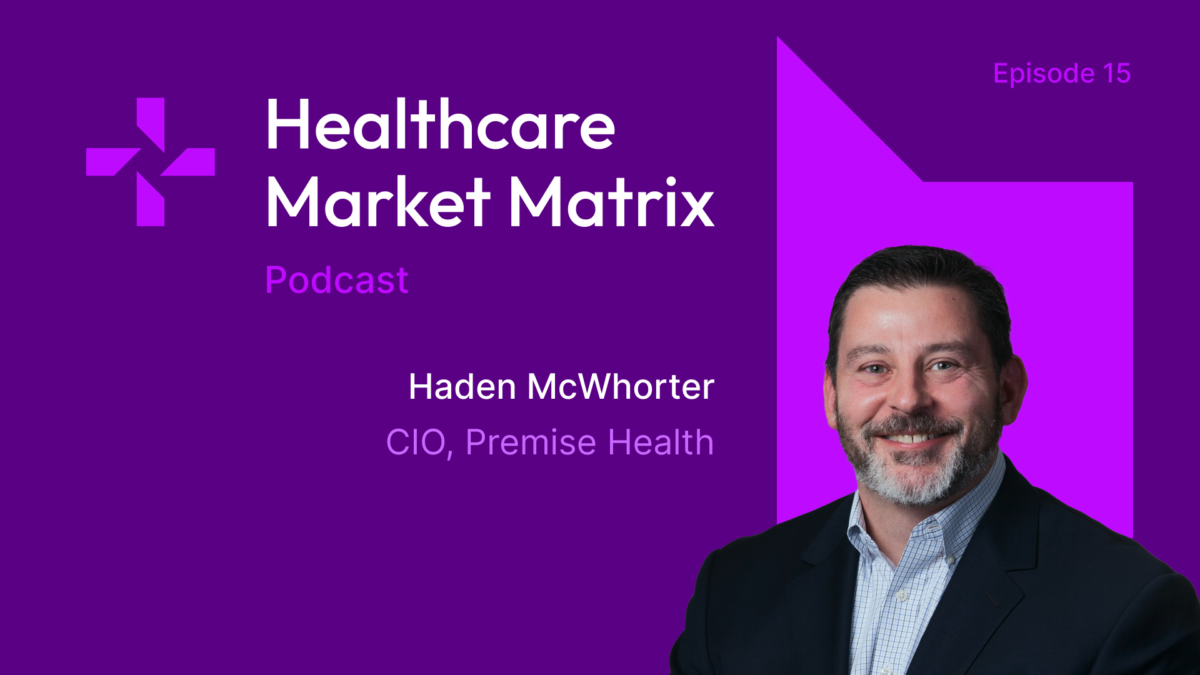
The Premise Health Playbook: What does it mean to be enterprise ready?
On this episode of Healthcare Market Matrix, host John Farkas sits down with Haden McWhorter for an insightful conversation about Premise Health and the future of direct healthcare. Haden is the chief information officer at Premise and has spent the better part of a decade driving meaningful change as a leader in the healthcare ecosystem. Throughout the episode, John and Haden discuss the importance of member engagement, Haden’s unique value equation, Epic’s BFF program, and much more.
The post The Premise Health Playbook: What does it mean to be Enterprise-ready? appeared first on Ratio.







